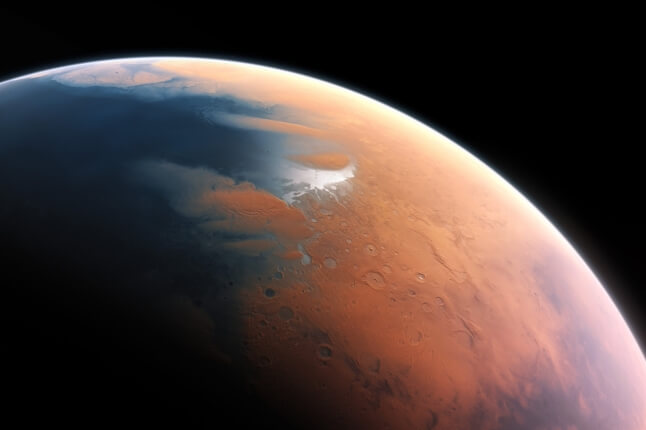News
Loretta J. Mickley, Senior Research Fellow in Chemistry-Climate Interactions (Eliza Grinnell/SEAS)
Summer headlines have screamed of climate extremes: Record temperatures, an ocean heat wave, and rampant wildfires, including Canadian blazes that have funneled dense smoke into major U.S. cities.
For Loretta J. Mickley, Senior Research Fellow in Chemistry-Climate Interactions at the Harvard John A. Paulson School of Engineering and Applied Sciences, the fires present a dual problem: Not only are they a symptom of climate change — becoming bigger, hotter, and more common in regions where they can affect large population centers — but they also make the crisis worse. By burning vast layers of partially decomposed vegetable matter called peat, fires like those in Canada release even more greenhouse gases into the atmosphere.
The Harvard Gazette recently spoke with Mickley, who will chair a National Academies workshop next month on wildfires as a driver of greenhouse gases, about the science behind the threat.
Topics: Climate, Environment, Environmental Science & Engineering
Cutting-edge science delivered direct to your inbox.
Join the Harvard SEAS mailing list.
Scientist Profiles
Loretta J. Mickley
Senior Research Fellow in Chemistry-Climate Interactions




